Filter by
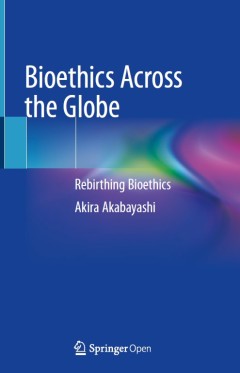
Bioethics across the globe : rebirthing bioethics
This open access book addresses a variety of issues relating to bioethics, in order to initiate cross-cultural dialogue. Beginning with the history, it introduces various views on bioethics, based on specific experiences from Japan. It describes how Japan has been confronted with Western bioethics and the ethical issues new to this modern age, and how it has found its foothold as it decides whe…
- Edition
- -
- ISBN/ISSN
- 9789811535727
- Collation
- xviii, 146p. : ill.
- Series Title
- -
- Call Number
- 610.1 AKA b
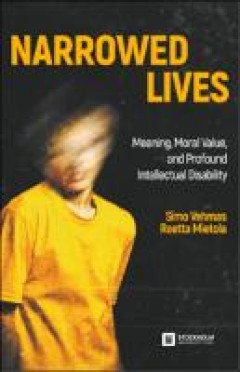
Narrowed lives : meaning, moral value and profound intellectual disability
What is day-to-day life like for people with profound intellectual and multiple disabilities who live in group homes? How do they express their desires and wishes? How do care workers think about them and treat them? Do they have basic rights to activities most of us take for granted: activities like sociability, sexuality, and moral affirmation? Narrowed Lives is an illuminating portrait of wh…
- Edition
- -
- ISBN/ISSN
- 9789176351482
- Collation
- xxii, 252p.:
- Series Title
- -
- Call Number
- 362.41092 VEH n
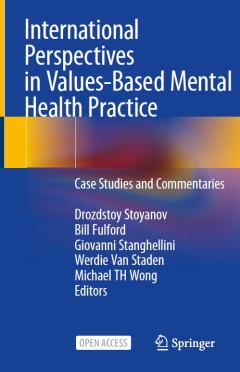
International perspectives in values-based mental health practice : case stud…
This open access book offers essential information on values-based practice (VBP): the clinical skills involved, teamwork and person-centered care, links between values and evidence, and the importance of partnerships in shared decision-making. Different cultures have different values; for example, partnership in decision-making looks very different, from the highly individualized perspective o…
- Edition
- -
- ISBN/ISSN
- 9783030478520
- Collation
- xviii, 436p. : ill.
- Series Title
- -
- Call Number
- 616.89 INT i
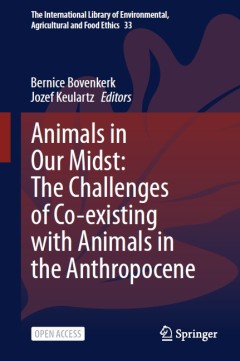
Animals in our midst : the challenges of co-existing with animals in the anth…
This Open Access book brings together authoritative voices in animal and environmental ethics, who address the many different facets of changing human-animal relationships in the Anthropocene. As we are living in complex times, the issue of how to establish meaningful relationships with other animals under Anthropocene conditions needs to be approached from a multitude of angles. This book offe…
- Edition
- -
- ISBN/ISSN
- 9783030635237
- Collation
- xiii, 579p. : ill.
- Series Title
- -
- Call Number
- 179.3 ANI a
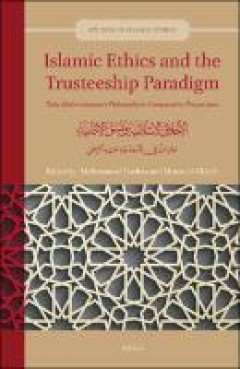
Islamic ethics and the trusteeship paradigm : Taha Abderrahmane's philosophy …
Islamic Ethics and the Trusteeship Paradigm explores the emerging ethical theory examines the development of this modern Islamic theory of the trusteeship paradigm as developed by the Moroccan philosopher Taha Abderrahmane (b. 1944). The volume, with contributions in English and Arabic, examines the development of this modern Islamic theory of ethics and how it permeates various disciplines: ph…
- Edition
- -
- ISBN/ISSN
- 9789004438354
- Collation
- XVII, 364 p.
- Series Title
- Studies in Islamic Ethics, 3
- Call Number
- 297.5092 ISL i
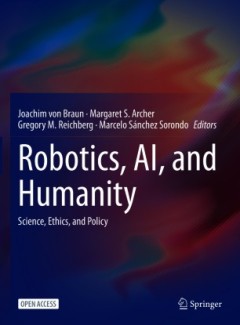
Robotics, AI, and humanity : science, ethics, and policy
This open access book examines recent advances in how artificial intelligence (AI) and robotics have elicited widespread debate over their benefits and drawbacks for humanity. The emergent technologies have for instance implications within medicine and health care, employment, transport, manufacturing, agriculture, and armed conflict. While there has been considerable attention devoted to robot…
- Edition
- -
- ISBN/ISSN
- 9783030541736
- Collation
- x, 269p. : ill.
- Series Title
- -
- Call Number
- 174.9629892 ROB r
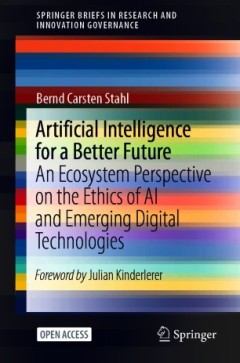
Artificial intelligence for a better future : an ecosystem perspective on the…
This open access book proposes a novel approach to Artificial Intelligence (AI) ethics. AI offers many advantages: better and faster medical diagnoses, improved business processes and efficiency, and the automation of boring work. But undesirable and ethically problematic consequences are possible too: biases and discrimination, breaches of privacy and security, and societal distortions such as…
- Edition
- -
- ISBN/ISSN
- 9783030699789
- Collation
- x, 124p. : ill.
- Series Title
- -
- Call Number
- 174.90063 STA a
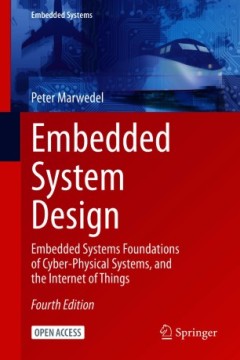
Embedded system design : embedded systems foundations of cyber-physical syste…
A unique feature of this open access textbook is to provide a comprehensive introduction to the fundamental knowledge in embedded systems, with applications in cyber-physical systems and the Internet of things. It starts with an introduction to the field and a survey of specification models and languages for embedded and cyber-physical systems. It provides a brief overview of hardware devices u…
- Edition
- Fourth edition
- ISBN/ISSN
- 9783030609108
- Collation
- xxii, 433p. : ill.
- Series Title
- -
- Call Number
- 004.21 MAR e
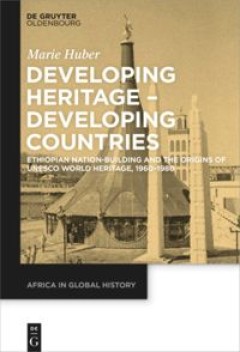
Developing heritage - developing countries : Ethiopian nation-building and th…
The history of development has paid only little attention to cultural projects. This book looks at the development politics that shaped the UNESCO World Heritage programme, with a case study of Ethiopian World Heritage sites from the 1960s to the 1980s. In a large-scale conservation and tourism planning project, selected sites were set up and promoted as images of the Ethiopian nation. This sto…
- Edition
- -
- ISBN/ISSN
- 9783110681017
- Collation
- XII, 204 p.
- Series Title
- Africa in Global History, 1
- Call Number
- 963 HUB d
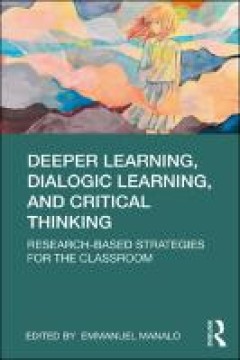
Deeper learning, dialogic learning, and critical thinking : research-based st…
Deeper learning, dialogic learning, and critical thinking are essential capabilities in the 21st-century environments we now operate. Apart from being important in themselves, they are also crucial in enabling the acquisition of many other 21st-century skills/capabilities such as problem solving, collaborative learning, innovation, information and media literacy, and so on. However, the majorit…
- Edition
- -
- ISBN/ISSN
- 9780429323058
- Collation
- XXII, 363 p.
- Series Title
- -
- Call Number
- 370.1523 DEP d
 Computer Science, Information & General Works
Computer Science, Information & General Works  Philosophy & Psychology
Philosophy & Psychology  Religion
Religion  Social Sciences
Social Sciences  Language
Language  Pure Science
Pure Science  Applied Sciences
Applied Sciences  Art & Recreation
Art & Recreation  Literature
Literature  History & Geography
History & Geography